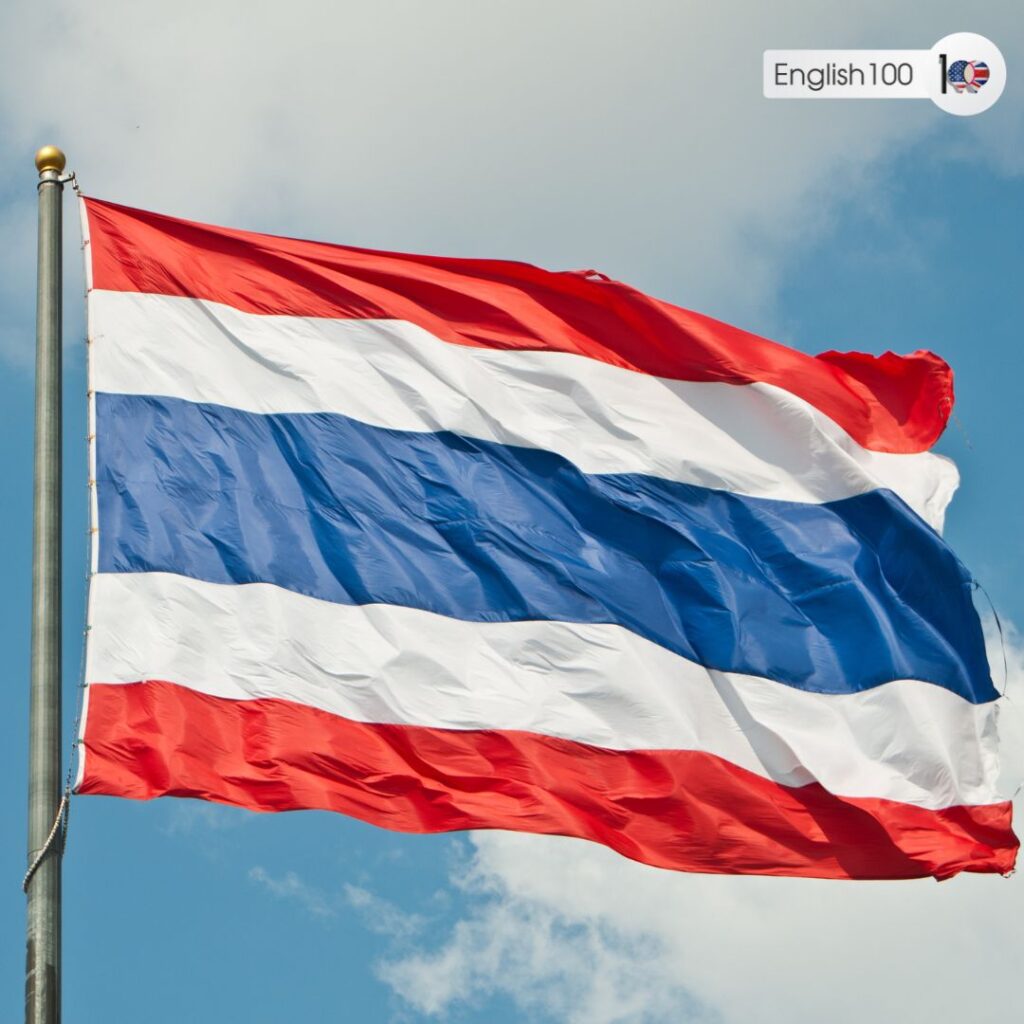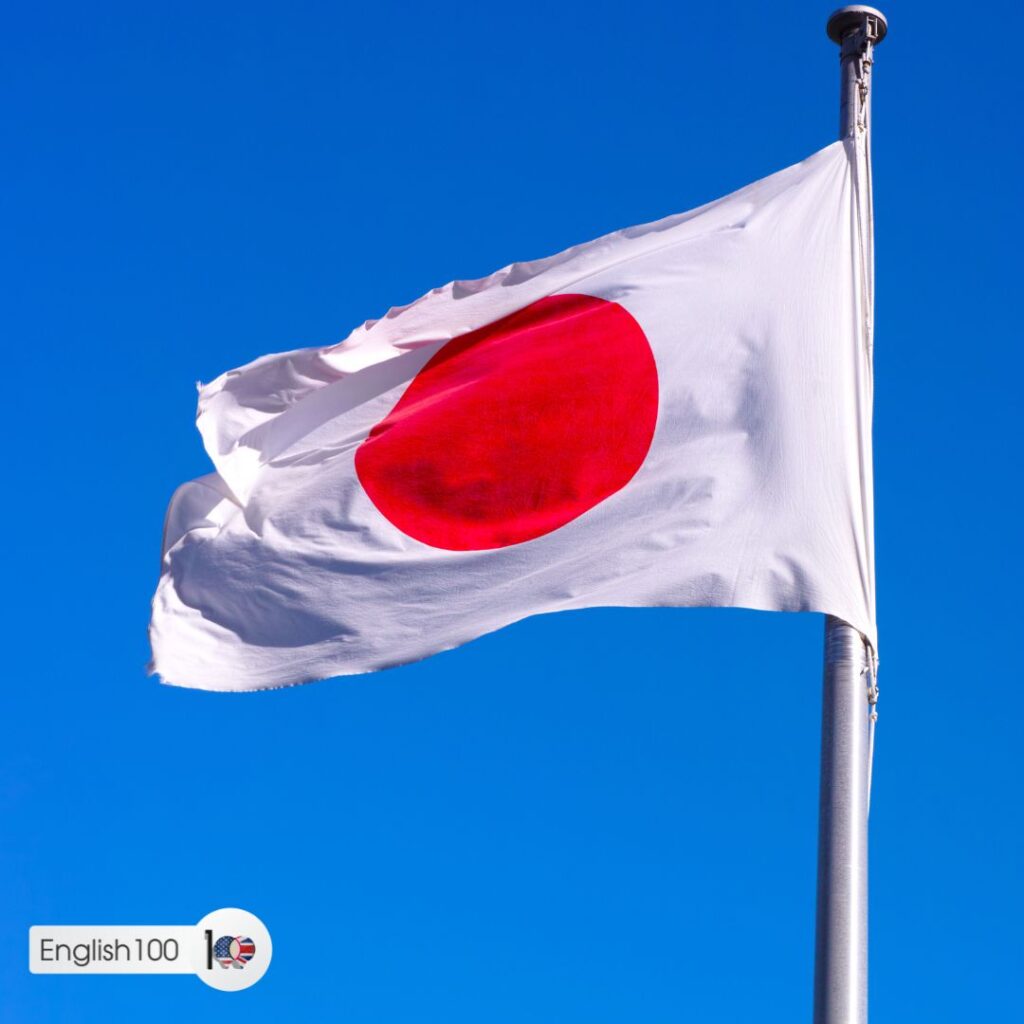Languages have become an essential requisite for today’s economy. Conducting business in another country, communicating with the local populace, influencing the decisions of your superiors, making a piece of art, or handling any agency activity requires a different language. This article is here to tell you why it is essential to master Languages and find out which are the hardest languages to learn for English speakers.
For one thing, some of the most difficult languages to learn for English speakers are also the most widely spoken. Mandarin Chinese, for example, is spoken as a native language by 918 million people, which makes it an extremely useful language to learn.
Learning languages from within the same language family is often considered easier, because they will likely share some fundamentals, i.e., cognates (words with a shared origin that often sound or look the same), grammar and conjugation rules, tonality vs non-tonality, gendering, formality levels etc.
Hardest languages to learn for English speakers:
1. Hungarian

Hungarian is one of the hardest languages to learn for English speakers and is a language spoken by 20.2 million people mostly in Hungary, but also some of them are present in neighboring Romania, Slovakia, and Ukraine. As it turns out, however, the Hungarian language has its accent set up which makes learning something quite difficult for English speakers (for example here is an audio file that describes five different ways to pronounce ‘hello’):
As you may have guessed from the description above this video focuses on the difficulty of just being able to pronounce these letters correctly. The video even mentions that a speaker from Budapest, who was describing some kind of crazy situation in which they had drunkards defecating on the streets, pronounced ‘menstrual’ as ‘motherless’.
2. Bulgarian

Bulgarian is a Slavic language that has around eight million native speakers, primarily in Bulgaria. Given the country’s rich history, culture and literature, Bulgarian can be a fascinating language to study.
As Russian, it uses the Cyrillic alphabet, which can seem a bit intimidating to those unfamiliar with it. Bulgarian can also be tricky for English speakers when it comes to vocabulary and grammar, as it doesn’t use many English loanwords and the verb conjugations are somewhat complicated.
3. Serbian
Serbian is notoriously difficult for English speakers to learn, with two scripts (Cyrillic and Latin), seven tenses, and a consonant (R) that can sometimes be a vowel. Unlike Hungarian, it’s also a highly gendered language, with words like “učenik,” which translates to “male student.”
4. Turkish

Turkish is also one of the hardest languages to learn for English speakers ,and it is the biggest difficulty in my theory because there are currently no speakers of English who speak Turkish and it’s almost impossible to find native speakers from Turkey or Lebanon as far as I know doing translations. Those two countries go hand-in-hand with all the other difficulties we had with any language. But still, being able to read a few pages of Turkish could be useful for some people if they needed them (for work, etc.), It would save you from all the translation work.
However, if you’re planning to study Turkish as a foreign language I highly recommend picking up any of these books: English ASL for Beginners, Deaf Way Learning Blog, or An Online Course with Interactive Video Lessons and Tutorials.
5. Farsi

It is one of the hardest languages to learn for English speakers. Due to Iran’s history of banning everything about other countries’ political systems, Farsi is difficult for a majority of American and European learners. Those who learn it, often make up words not used in the English language due to this ban.
6. Russian

A lot of people who cannot or will not learn English may decide to study Russian. But very few native speakers are willing and able to help learners, as in most cases they do not speak any other languages themselves. The ability for a simple “Hello/Goodbye”, which is the most I could get out of many Russians that tried my phone calls were sometimes so poor they couldn’t even understand what accent I was trying!
7. Thai

The Thai language has five tones, and some of them are not found in the English language. That also uses its script, which consists of 44 consonants, 18 vowels, and six diphthongs that must be memorized.
8. Japanese

But just learning how to pronounce it is not enough if you are going to be able to communicate anything. The Japanese language has four main varieties, which can also include various dialects and sub-dialects, so acquiring proficiency in this ancient tongue will still take some time. Japanese does use the Roman alphabet for its script of 30 letters total that shows up throughout the syllabic structure along with 5 vowel sounds.
9. Arabic

This is probably the most difficult language to learn because it has a very different writing system than those that are already listed. As beautiful as Arabic is, pretty much every aspect of this language is likely to be challenging for English speakers, from the Arabic script, which is read from right to left to the complex grammar to the pronunciation, with many sounds that English simply doesn’t have.
English speakers usually agree that languages such as Hungarian and Mongolian are particularly challenging but often find Spanish relatively easy to pick up. In many cases it’s the degree of similarity between the language you’re trying to learn and your original mother tongue that determines how difficult you’ll find it.
FAQ:
1. What are the hardest languages to learn top 10?
Here are ten languages that are often considered to be the hardest languages to learn for English speakers:
2. What is the hardest language to learn in 2023?
The difficulty of learning a language depends on many factors, including your native language, your exposure to the language, and your aptitude for learning new languages. Some languages may be more challenging to learn than others due to differences in grammar, vocabulary, pronunciation, or writing systems.
3. What is the hardest language to learn for English speakers?
Japanese is one of the hardest languages to learn Japanese for English speakers. It has three writing systems, including kanji (Chinese characters), hiragana, and katakana, as well as a complex grammar structure.
4. How hard is Arabic to learn for English speakers?
Some aspects of Arabic, such as the script and pronunciation, can be challenging for English speakers to master. However, with consistent practice and exposure to the language, many people find that they are able to develop a solid understanding of Arabic over time. It isn’t from the hardest languages to learn for English speakers.
5. What are the top 3 hardest languages to learn for English speakers?
– Mandarin Chinese is considered one of the hardest languages for English speakers due to its complex writing system and tonal nature.
– Arabic is also notoriously difficult for English speakers due to its unique alphabet and complex grammar rules.
– Japanese is often considered challenging for English speakers due to its complex writing systems (Hiragana, Katakana, and Kanji) and grammatical structure.
6. Is Arabic hard to learn for English speakers?
Learning Arabic can be challenging for English speakers, but it is not impossible. Here are a few factors to consider:
1. Different Alphabet: Arabic uses a different alphabet than English, which means you need to learn a whole new set of characters. This can be daunting at first, but with practice and dedication, it becomes easier.
2. Pronunciation: Arabic has unique sounds that may not exist in English. This can make pronunciation difficult initially, but with practice, you can become more comfortable.
3. Grammar: Arabic grammar is quite different from English grammar. It has complex rules for verb conjugation, noun genders, and sentence structure. However, once you grasp the basics, the patterns become more predictable.
4. Vocabulary: Arabic vocabulary is different from English, and you may need to learn many new words. However, there are also some similarities, as Arabic has influenced many English words.
Despite these challenges, there are several resources available to help you learn Arabic. Online courses, language exchange platforms, and language learning apps can provide structured lessons and practice opportunities. Immersion programs and studying abroad can also greatly enhance your learning experience.
Ultimately, the difficulty of learning Arabic will depend on your dedication, motivation, and the amount of time you invest in practice. With consistent effort and the right resources, you can overcome the challenges and become proficient in Arabic.
7. What is the top 5 hardest language?
– Mandarin Chinese is considered one of the hardest languages due to its complex writing system and tonal pronunciation.
– Arabic is known for its intricate grammar rules and non-Latin script, making it challenging for non-native speakers.
– Japanese poses difficulties with its three writing systems (hiragana, katakana, and kanji) and complex honorifics.
– Korean is challenging due to its unique sentence structure, honorifics, and complex verb conjugations.
– Hungarian is often regarded as one of the most difficult languages for non-native speakers due to its complex grammar rules and extensive vocabulary.
Finally, what matters isn’t which language is the most difficult to learn. It all boils down to how enthusiastic you are about learning, how you will deal with psychological worries, and who you will seek aid from. Every language will have its own set of difficulties, so you will consider it one of the hardest languages to learn for English speakers, but it will also have its own set of rewards, joys, and fulfillment. Remember that whatever language you choose to study, your time will be well spent.
References:
- Staughton, J. (2022). Are Some Languages Easier To Learn Than Others? Science ABC. https://www.scienceabc.com/eyeopeners/are-some-languages-easier-to-learn-than-others.html#:~:text=Learning%20languages%20from%20within%20the,%2C%20gendering%2C%20formality%20levels%20etc.
- Bhana, Y., & Williams, D. (2015). Why Are Some Languages Harder to Learn than Others? Toppan Digital Language. https://toppandigital.com/translation-blog/why-are-some-languages-harder-to-learn-than-others/

